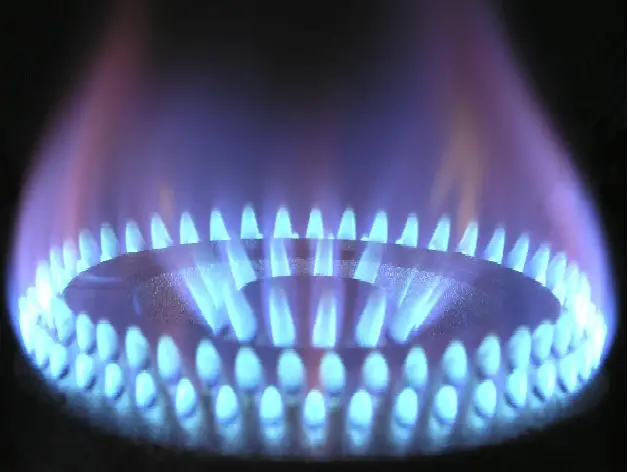In an effort to eliminate its dependency on Russian gas, Germany has signed a long-term contract to import liquified natural gas (LNG) from the United States.
On Thursday, Germany’s Energy firm Securing Energy for Europe (SEFE) sealed a 20-year deal with American energy company Venture Global LNG. Previously German gas importer SEFE was a subsidiary of Russian state-owned energy giant Gazprom, operating under the name Gazprom Germania.
The new agreement guarantees Germany access to 2.25 million tons of LNG per year. It will turn Venture Global into the largest LNG supplier for Germany, supplying a total of 4.25 million tons of LNG per annum (mtpa) to the nation, according to a statement by the company.
CEO Mike Sabel, describing SEFE as a vital US ally, said, “Venture Global is thrilled to begin a strategic partnership with SEFE, making our company the largest long-term LNG supplier to Germany.”
The super-chilled fuel Venture Global supplies will be delivered from its pending LNG Calcasieu Pass 2 (CP2) project, to SEFE subsidiary unit Wingas. CP2 is set to see construction begin later this year, and it will result in a terminal which will have an expected capacity of 20 million mtpa of LNG.
SEFE CEO Egbert Laege, said, “By joining forces with Venture Global LNG, SEFE makes another important step on our mission to secure energy for German and European customers and meet the energy demand of the region.”
Before the Russian invasion of Ukraine, Germany imported up to 40% of its natural gas consumption from Russia, mostly through the Nord Stream 1 pipeline. Last year, following the initiation of the conflict in Ukraine, Berlin began to reduce its reliance on Russian energy supplies, replacing it with LNG imports from the Middle East and the US.
Currently Germany utilizes floating terminals in Wilhelmshaven, Lubmin, and Brunsbuttel to receive LNG. However it has been rapidly developing the infrastructure it will need to replace its remaining supplies of Russian natural gas.
Not all German leaders are enamored of the country’s course however. Bundestag MP Andrej Hunko decried in March the nation’s excessive reliance on LNG from the US, which he said was, “by far more expensive and worse from an ecological point of view.”
Hunko went on to note that last year’s explosions, which destroyed the Nord Stream 1 and Nord Stream 2 pipelines, had cost Germany immensely, by depriving it from even having the option to avail itself of cheap natural gas from Russia.
Hunko went on to argue that the explosions forced Germany to shift from a dependence on cheap natural gas from Russia to an addiction to expensive LNG from the United States, which is causing havoc with German inflation, and damaging the German economy.

